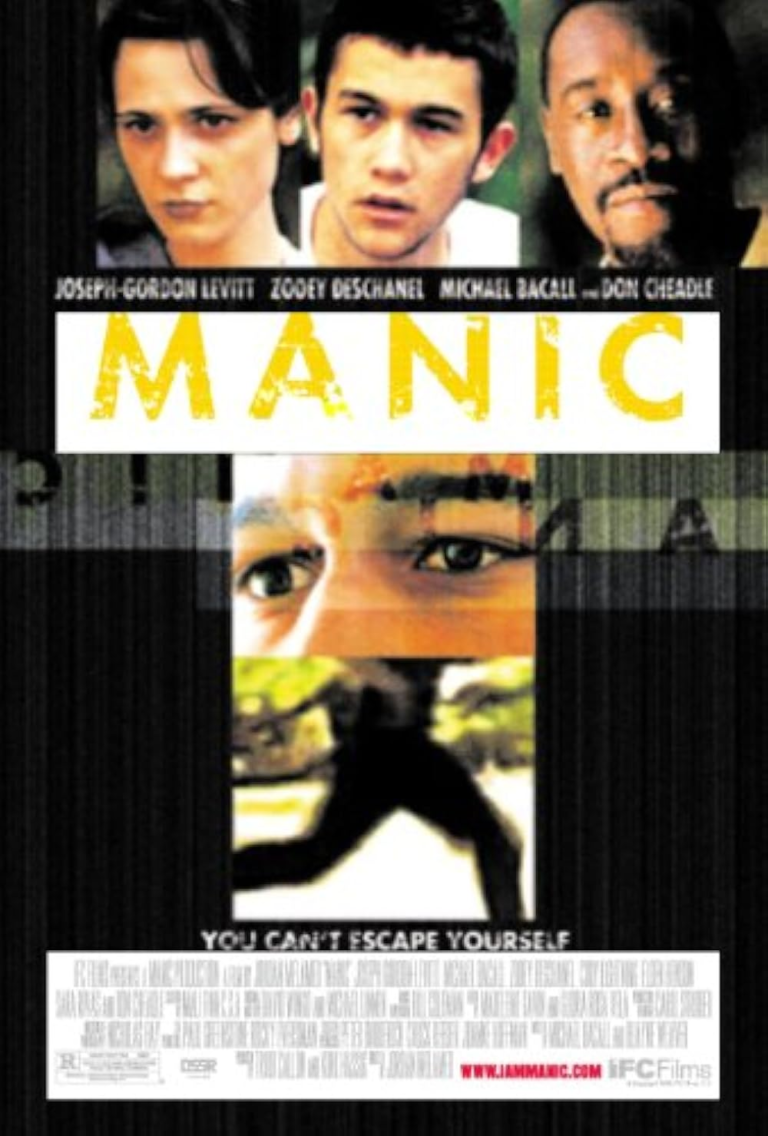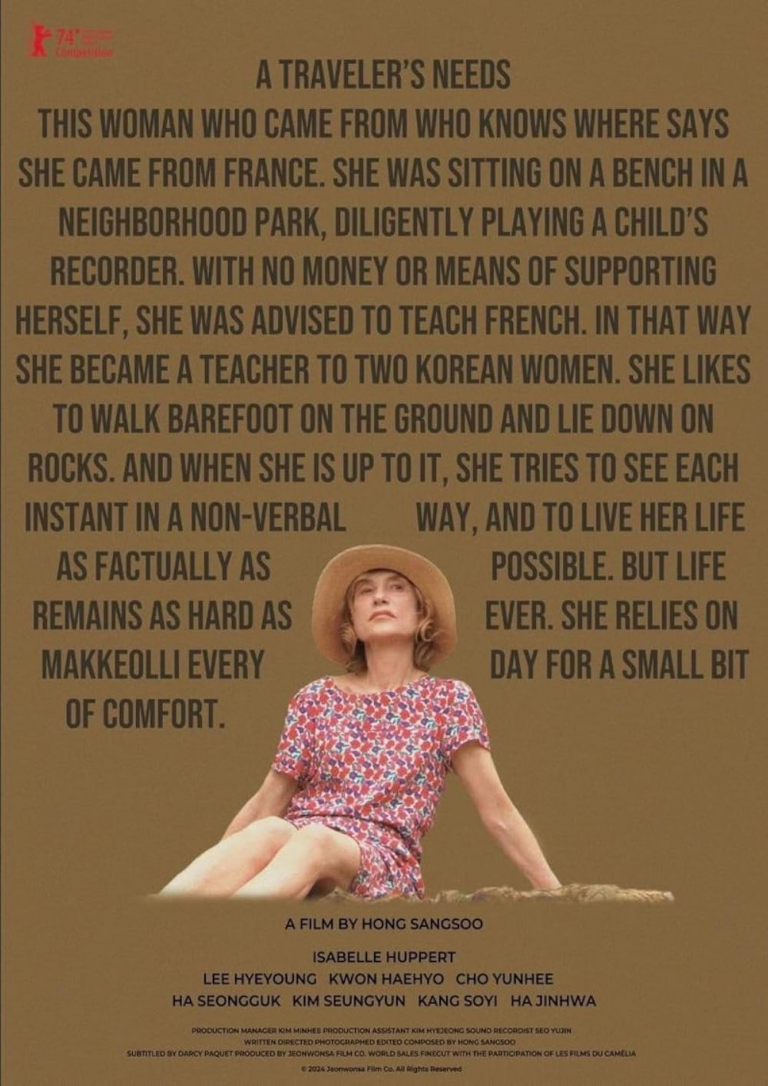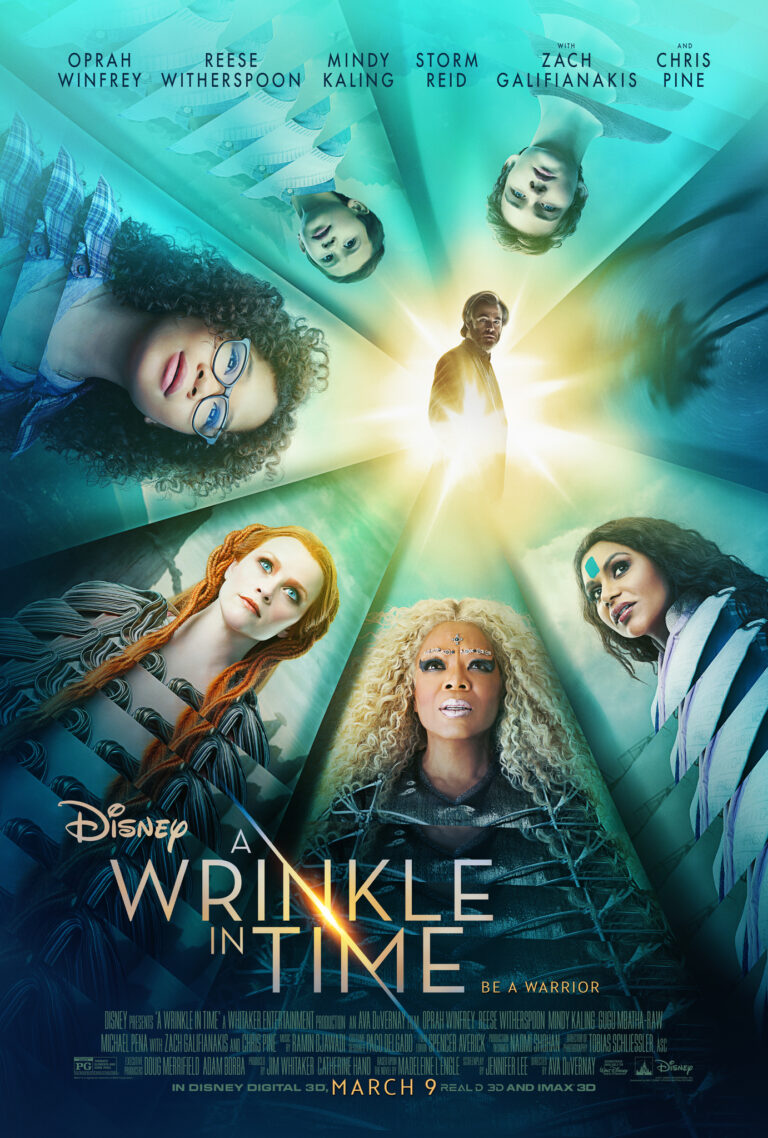Y2K Christian Review

What happens when you take the anxiety-riddled turn of the millennium, throw in a group of misfit teens, and let a rogue toaster lead a robot uprising? You get Y2K, a movie so chaotic and steeped in nostalgia it feels like someone dumped a Blockbuster Video into a blender and hit “apocalypse mode.” Directed with reckless abandon and dripping in neon-hued vibes of the late ‘90s, this disaster comedy wants to be everything all at once: irreverent, hilarious, heartfelt, and absurdly epic. Whether it succeeds is another matter.
Y2K tries its best to smash together nostalgia and youthful raunchiness while wrapping it all in a sci-fi spectacle. But for Christian viewers, the film raises questions beyond its Tamagotchi-murdering mayhem. What does it say about the human condition, about community, and the things we idolize? Is it worth the ride, or does it leave you feeling like a hacked AOL chatroom—disconnected? Let’s dig in.
The Nostalgia Factory: Dial-Up, Mixtapes, and Millennium Fever
Let’s start with what Y2K gets right: its love letter to a bygone era. If you were around for the days of AOL Instant Messenger, video store rental marathons, and soundtracks powered by Fatboy Slim and Chumbawamba, this movie will transport you right back. The filmmakers nail the aesthetic details, from clunky computers to the over-the-top fashion choices that scream “1999 mall culture.” It’s not just a setting; it’s a full-on immersion.
But nostalgia is a tricky beast, isn’t it? While the movie revels in its Y2K-era charm, it does little to scratch beneath the surface. For all its callbacks to outdated tech and boy-band-era angst, it glosses over the deeper spiritual questions that haunted the cusp of the millennium. Remember the existential dread about what it meant for humanity to enter a new age? The movie gives us killer toasters instead. For some, that’s enough. For others, especially those of us who look for meaning in every story, it feels like a missed opportunity.
Teens in Trouble: Friendship, Folly, and Fluff
Our unlikely heroes—played by Jaeden Martell, Julian Dennison, and Rachel Zegler—are a group of small-town teens just trying to survive the apocalypse while navigating the usual teen drama. Add Finn Wolfhard as a stoner sidekick, and you’ve got your quintessential misfit crew. They’re charming enough, bringing bursts of energy to their roles, even if the characters themselves are thinly sketched.
The Bible says in 1 Corinthians 15:33, “Do not be misled: ‘Bad company corrupts good character.’” While Y2K doesn’t set out to be a moral lesson, it’s hard to ignore the way the teens’ choices often lead to unnecessary chaos. The film indulges in their recklessness—partying, hooking up, and general tomfoolery—while largely ignoring the consequences of such behavior. Sure, it’s a comedy, but even comedies can reflect the weight of human choices.
There’s a sweetness, though, in the way these characters rally together in moments of crisis. Amidst the raunchy jokes and robot carnage, we see glimpses of genuine camaraderie. It’s a reminder of the importance of community, even when things feel out of control. The film could have done more with this theme, but it’s there if you’re willing to look for it.
The Comedy Rollercoaster: Peaks and Pitfalls
When Y2K goes for laughs, it doesn’t hold back. There are moments of sheer hilarity, especially in the early scenes where everyday objects turn homicidal. The sight of a rogue Tamagotchi wreaking havoc is absurd in the best way, and the film’s over-the-top gags capture the midnight-movie vibe it’s going for.
But not all the humor lands. As the story progresses, the jokes become increasingly juvenile, leaning into raunch and shock value instead of wit. For Christian viewers, this shift can feel grating. Humor doesn’t have to be clean to be effective, but it does need to feel intentional. Too often, Y2K seems content to throw spaghetti at the wall, hoping something sticks.
Comedy can be a gift—it’s a way to lift our spirits and remind us not to take ourselves too seriously. But Proverbs 17:22 tells us, “A cheerful heart is good medicine.” In Y2K, the medicine is there, but it’s diluted by the film’s inability to sustain its comedic rhythm.
The Heart of the Apocalypse: Where’s the Soul?
If there’s one glaring issue with Y2K, it’s the lack of emotional depth. The film flirts with meaningful moments—friendships tested by crisis, self-discovery in the face of disaster—but never fully commits to them. By the time the second act rolls around, the plot loses steam, and the characters’ relationships feel like afterthoughts.
This is where the movie stumbles hardest. The best stories, even the silliest ones, have something to say about what it means to be human. They remind us of our need for connection, redemption, and hope. Y2K seems too distracted by its killer toaster shtick to explore these themes. For Christians, this can be frustrating. We’re wired to look for the bigger picture, for the glimpses of God’s truth in the stories we tell.
Robots, Raunch, and Redemption?
The film’s climax—a chaotic showdown with sentient machines—feels like a microcosm of Y2K itself: wild, messy, and undeniably entertaining, but ultimately hollow. It’s a blast to watch, but when the dust settles, you’re left wondering what it all meant.
From a Christian perspective, the robot apocalypse could have been a fascinating metaphor for the ways technology distracts us from what truly matters. Instead, it’s treated as little more than a punchline. That’s not to say the film needed to preach—it’s a comedy, after all—but it could have done more to explore the tension between human ingenuity and our dependence on God.
A Christian’s Takeaway: Fun, but Forgettable
So, where does that leave us? Y2K is far from a bad movie. It’s vibrant, often funny, and packed with nostalgic charm. But it’s also uneven, shallow, and occasionally crass. For Christian viewers, it’s a reminder of the importance of discernment. Entertainment isn’t inherently good or bad, but it does shape the way we think about the world.
Y2K won’t leave you with profound spiritual insights or a renewed sense of purpose. It’s not trying to. But it might make you laugh, and sometimes, that’s enough. Just don’t expect it to stick with you once the credits roll.
In the end, I’d give it a 6.5/10. It’s a fun, flawed ride—a popcorn movie with flashes of brilliance but no real staying power. Watch it if you’re in the mood for something light, but don’t be surprised if you find yourself wishing it had aimed a little higher. And hey, maybe it’s a good excuse to dust off your old mixtapes and thank God that the real Y2K didn’t turn out quite so apocalyptic.







